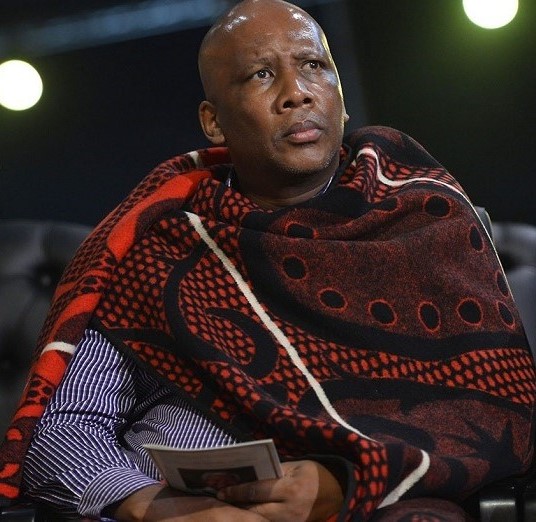Editorial Comment
“It is only in conditions of total freedom and independence from foreign rule and interferences that the aspirations of our people will see the real fulfillment and the African genius finds its best expression,†Kwame Nkurumah 1963.
Addressing the Oxford Union last year, His Majesty King Letsie III narrated how from around 1824, Lesotho became a centralized state with a hierarchy of political authorities where Morena e Moholo, Moshoeshoe, exercised executive authority over his people and the country.
The King said the growth and development of this young nation, were interrupted in the 1830s when white settlers of Dutch descent, whom we refer to as the Boers, escaping the British rule in the Cape Colony began migrating northwards and encroaching Basotho’s territory.
He explained that for years, Basotho defended that territory against the intruders but Moshoeshoe eventually realized that he could not keep them at bay forever. So in order to save the territory that was still left, His Majesty said, Moshoeshoe sought protection from the British Crown.
And after that was granted, Lesotho became a British Protectorate in 1868. King Moshoeshoe died two years later, in 1870.
The King said the monarchy which continued to command people’s allegiance, remained agile in the face of various forces including colonialism. By the time Lesotho gained independence from Great Britain in 1966, he narrated, the monarchy had become a Constitutional Monarch.
“It is against this background that my father reigned. As a young Prince, I witnessed him lead in the midst of political change and I saw how the politics of the day affected the institution of monarchy.
“Throughout his tenure as Paramount Chief from 1960 to 1965, and as King and Head of the State after independence, my father King Moshoeshoe II along with a sizeable proportion of the Basotho citizens often challenged the relevance of a British model of Constitutional Monarch to Basotho people,†said His Majesty King Letsie III to the Oxford Union.
He said his father’s view inevitably created tension between himself (King Moshoeshoe II) and the then-elected Prime Minister Leabua Jonathan who was adamant that the King should reign as a Constitutional Monarch in accordance with the Westminster system and rules.
“There seemed to be a lack of interest to draw on the insights of political institutions that preceded colonialism on the side of our post-independence political elites,†he said.
One can easily conclude that the message His Majesty was relaying is that the effects of colonialism are still felt in our lives today as the system of Constitutional Monarchy we have today is a legacy of colonialism.
His Majesty King Moshoeshoe II wanted Basotho to reconnect with the pre-colonial system of government that maybe would have offered the nation a paradigm that would fundamentally break away from any relic of colonialism and normalize Bosotho.
This, however, created tensions between himself and political leaders who wanted to maintain the status quo.
It is up to the youth of today, who detest colonialism, to not allow the vision, struggles, and sacrifices of His Majesty King Moshoeshoe II to have been in vain.
He, “along with a sizeable proportion of the Basotho citizens†struggled so that you, young people, better equipped when your time came, should start and continue from where they stopped.
His Majesty King Letsie III told Al Jazeera in 2017 that although he is committed to the principles of a constitutional monarchy, if there is a view among the population that he could have a role in one way or another, he is ready for it.
He said: “I have no constitutional powers to intervene in public affairs or settle disputes that may arise between different political factions or between sections of the population and their political leaders. So it does cause, sometimes, a bit of a problem or a frustration on my part.â€
Summary
- The King said the growth and development of this young nation, were interrupted in the 1830s when white settlers of Dutch descent, whom we refer to as the Boers, escaping the British rule in the Cape Colony began migrating northwards and encroaching Basotho’s territory.
- “Throughout his tenure as Paramount Chief from 1960 to 1965, and as King and Head of the State after independence, my father King Moshoeshoe II along with a sizeable proportion of the Basotho citizens often challenged the relevance of a British model of Constitutional Monarch to Basotho people,†said His Majesty King Letsie III to the Oxford Union.
- His Majesty King Letsie III told Al Jazeera in 2017 that although he is committed to the principles of a constitutional monarchy, if there is a view among the population that he could have a role in one way or another, he is ready for it.

Your Trusted Source for News and Insights in Lesotho!
At Newsday Media, we are passionate about delivering accurate, timely, and engaging news and multimedia content to our diverse audience. Founded with the vision of revolutionizing the media landscape in Lesotho, we have grown into a leading hybrid media company that blends traditional journalism with innovative digital platforms.







